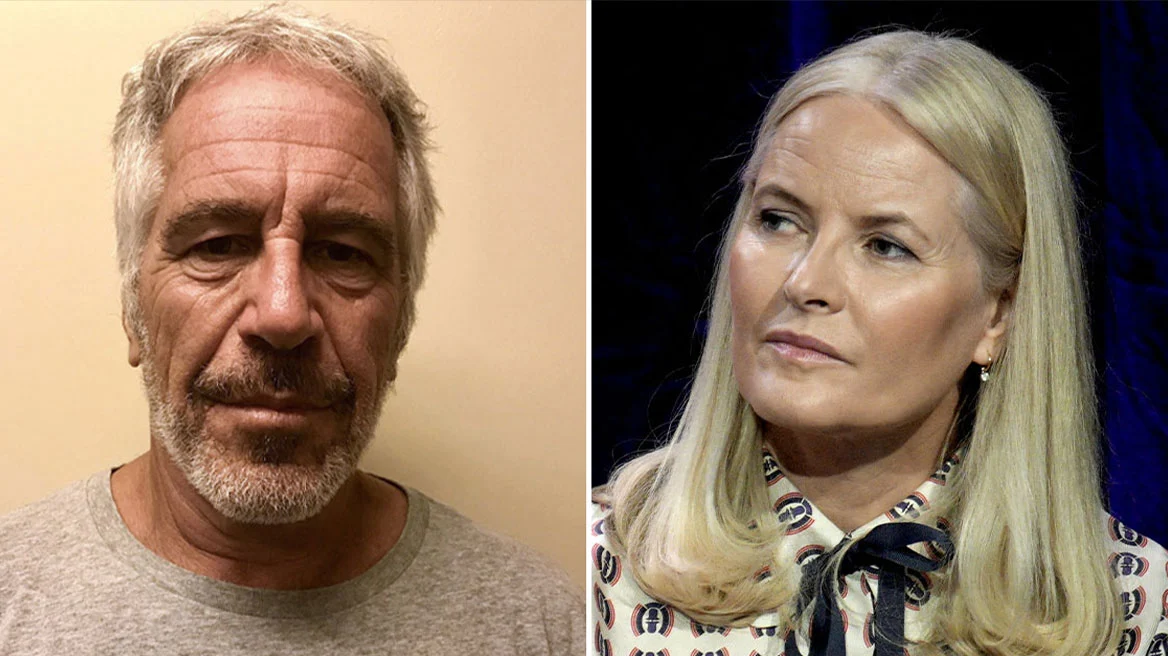Greece and the United Kingdom appear to be on the brink of an agreement regarding the Parthenon Sculptures, as a consensus seems to have emerged on their return to Greece. The brief statement by the British Prime Minister, “If the British Museum says yes, Downing Street will not stand in the way,” signals, for those who can read between the lines, a preliminary political agreement. Both Greek Prime Minister Kyriakos Mitsotakis and British opposition leader Keir Starmer seem to be delegating the decision to museum directors, overturning the previous stance where British Museum officials maintained this was a fundamentally political issue.
Following a series of meetings, both leaders agree that the return—or rather the reunification—of the monument is imperative, with a shared determination to see it through. The directors of both the British Museum, Nicholas Cullinan, and the Acropolis Museum, Nikolaos Stampolidis, are now tasked with clarifying the details and overcoming any legal obstacles.
The key to resolving the issue of ownership, according to insiders, lies in the legal terminology used in cases like the return of the Fagan fragment and other similar treasures.
Terms such as “joint use” and “deposit” instead of “loan” seem to provide a workable framework, enabling both sides to benefit from the advantages of a mutual agreement and achieve a win-win situation.
By sidestepping the contentious issue of ownership, both parties can gain: Greece will see the sculptures return to their natural home, while Britain will showcase remarkable treasures from Greece in its newly renovated galleries. With the British Museum’s new director fully endorsing this approach—unlike his predecessors—a favorable agreement seems more attainable than ever, to Greece’s benefit. This aligns with a broader international trend advocating the “legitimate” and “ethical” return of cultural artifacts to their places of origin. Cullinan insists that the museum must demonstrate goodwill by taking this significant step forward.
The British Museum’s ongoing renovations should coincide with a shift in its philosophy, a point Cullinan has stressed in closed meetings with trustees, who now appear convinced that this is the only lawful solution.
Optimism from the Acropolis Museum Director
Professor Nikolaos Stampolidis, director of the Acropolis Museum, expressed strong optimism last Friday at the travel.gr conference about reaching an agreement. He emphasized that nowhere else can the Parthenon Sculptures be fully appreciated except at the Acropolis Museum.
His statement carried weight, as he has been pivotal in pursuing this agreement. His passion, as noted by Angeliki Kottaridi, ensures he will persuade the British that this is the only viable path. It’s no coincidence that, on the eve of the Greek Prime Minister’s meeting with his British counterpart, the Observer featured similar remarks from Stampolidis, who noted, “We are making remarkable progress, and developments are in our favor.” He highlighted the shift in British public opinion, overwhelmingly supportive of Greece’s cause. “This profound change in British sentiment cannot be overlooked,” Stampolidis told the British paper, describing the change in political leadership as a “godsend.”
A Shifting International Trend
Besides the pivotal discussions between the two prime ministers, the emerging global trend of returning cultural treasures has played a significant role. Greek Culture Minister Lina Mendoni and the new British Culture Secretary, Lucy Dixon, have both embraced this trend.
Nicholas Cullinan’s leadership at the British Museum has been instrumental. A staunch advocate for the restitution of cultural artifacts, Cullinan has managed to sway the museum’s trustees toward supporting the Parthenon Sculptures’ return. His diplomatic efforts have been crucial in negotiations with both Greek officials and the UK’s new Culture Minister.
A Historic Turning Point?
Given the fundamentally political nature of the Parthenon Sculptures’ return, the date of December 3rd may come to be seen as a turning point—or even historic—following the declarations from the leaders of Greece and Britain.
Ask me anything
Explore related questions





